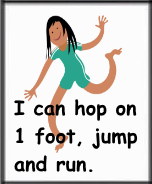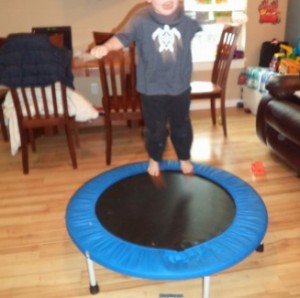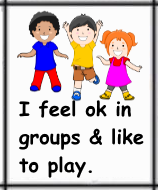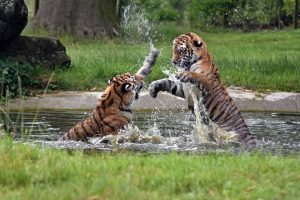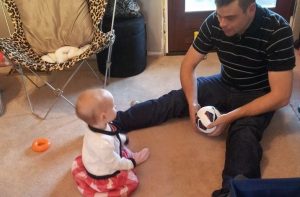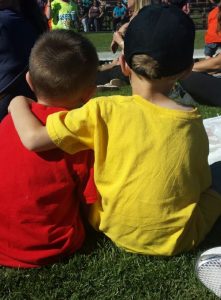Are Numbers a Friend for Your Child?
To Dr. Dan Gartell, readiness is a state of mind, not one of knowledge. Familiarity with , numbers, letters, and rhyming words helps kids’ peace of mind. Being in a new situation like daycare, playschool, preschool, or kindergarten is exciting but also scary for kids. Every bit of familiarity helps. If children have played with letters, numbers, and words at home, encountering them at a center or school is like meeting a friend.
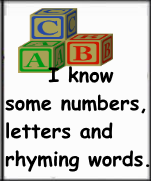
Familiarity with numbers does not mean flash cards and drills. It means noticing numbers all around us, on signs, houses, packages at the store, toy cars, etc. We can use numbers in ordinary, everyday situations from getting up in the morning to going to bed at night. What number does the clock say? Count the buttons on a shirt. Are three spoons of cereal enough in one bowl? Make sure there are 10 toes in socks. Are there enough plates on the table? Count the steps to the car. At the playground, kids can tell us how many pushes they want on the swings.
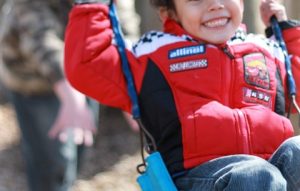
Toy cars often have numbers of them, but other toys have numbers too. When kids make block towers, is one higher than another? More and less are math concepts, as in empty and full. Kids can fill and dump a pail of sand. A muffin tin is perfect for exploring one-to-one matching. Kids can put one toy or one apple in each space. Figuring out one number for one item is critical for number sense. Games use numbers too.
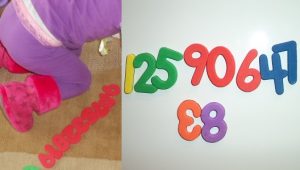
Sand, foam or magnetic numbers, and play dough are numbers kids can touch and feel. Numbers poured on pancakes are one kids can taste. Books and songs about numbers are ones kids can see and hear. But please, No More Monkeys Jumping On the Bed.
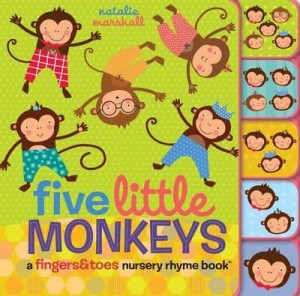
Unfortunately, one in four children will have math anxiety. Is this something that affects you as an adult? Giving kids lots of opportunities and experiences to develop familiarity with numbers turns them into welcome friends instead of scary enemies. Are they part of your child’s day?
(Tomorrow and the next day, we’ll check out letters and words. In the meantime, there is more on the Before I Go to Kindergarten infographic checklist.)

